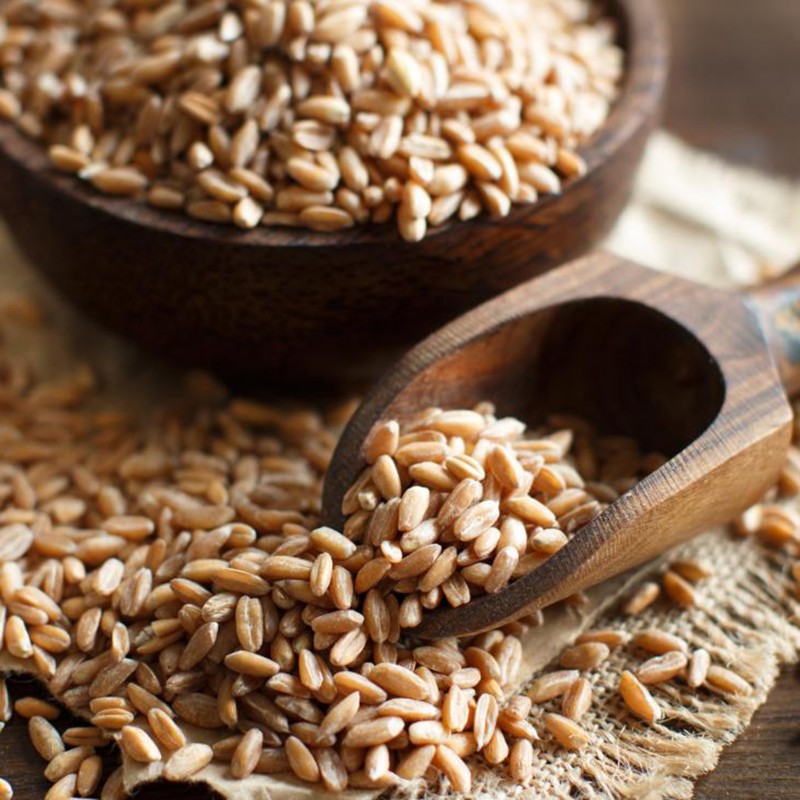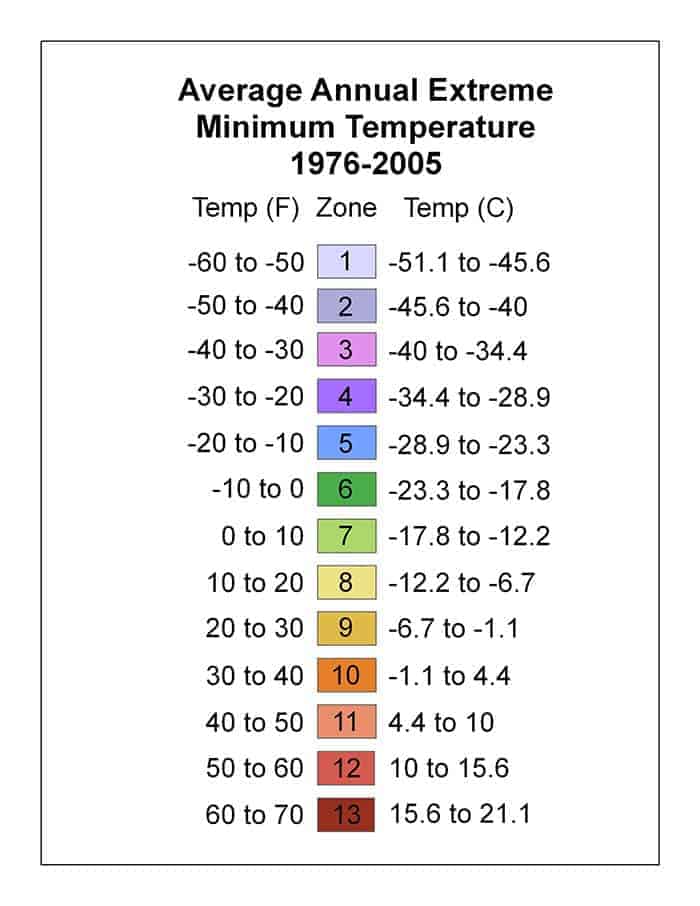
This product is best seller product







Before sowing, remove the seed coat.
Spelt (Triticum spelta), also known as dinkel wheat or hulled wheat, is a species of wheat that has been cultivated since approximately 5000 BC.
Before sowing, remove the seed coat.
Spelt (Triticum spelta), also known as dinkel wheat or hulled wheat, is a species of wheat that has been cultivated since approximately 5000 BC.
Spelt was an important staple food in parts of Europe from the Bronze Age to medieval times. Now it survives as a relict crop in Central Europe and northern Spain, and it has found a new market as a health food. Spelt is sometimes considered a subspecies of the closely related species common wheat (Triticum aestivum), in which case its botanical name is considered to be Triticum aestivum subsp. spelta. Like common wheat, it is a hexaploid wheat, which means it has six sets of chromosomes.
In Greek mythology spelt (ζειά [zeiá] in Greek) was a gift to the Greeks from the goddess Demeter.[6] The earliest archaeological evidence of spelt is from the fifth millennium BC in Transcaucasia, north-east of the Black Sea, though the most abundant and best-documented archaeological evidence of spelt is in Europe.[7] Remains of spelt have been found in some later Neolithic sites (2500–1700 BC) in Central Europe.[7][8] During the Bronze Age, spelt spread widely in central Europe. In the Iron Age (750–15 BC), spelt became a principal wheat species in southern Germany and Switzerland, and by 500 BC, it was in common use in southern Britain.[7]
References to the cultivation of spelt wheat in Biblical times (see matzo), in ancient Egypt and Mesopotamia and in ancient Greece are incorrect and result from confusion with emmer wheat.[9] Similarly, the Ancient Roman grain denoted by the Latin word far, although often translated as "spelt", was in fact emmer (Tr. dicoccum).[10]
In the Middle Ages, spelt was cultivated in parts of Switzerland, Tyrol, Germany, northern France and the southern Low Countries.[11] Spelt became a major crop in Europe in the 9th century AD, possibly because it is husked, unlike other grains, and therefore more adaptable to cold climates and is more suitable for storage.[12]
Spelt was introduced to the United States in the 1890s. In the 20th century, spelt was replaced by bread wheat in almost all areas where it was still grown. The organic farming movement revived its popularity somewhat toward the end of the century, as spelt requires less fertilizer.[13] Since the beginning of the 21st century, spelt has become a common wheat substitute for making artisanal loaves of bread, pasta, and flakes.[14] By 2014, the grain was popular in the UK with the crop being grown there as well as in Kazakhstan and Ukraine, with shortages reported.

In Germany and Austria, spelt loaves and rolls (Dinkelbrot) are widely available in bakeries as is spelt flour in supermarkets. The unripe spelt grains are dried and eaten as Grünkern ("green grain"). In Poland, spelt breads and flour are commonly available as health foods and easy to find in bakeries.[citation needed]
Dutch jenever makers distill with spelt.[21] Beer brewed from spelt is sometimes seen in Bavaria[22] and Belgium,[23] and spelt is distilled to make vodka in Poland.
Data sheet

 Reviews (0)
Reviews (0)